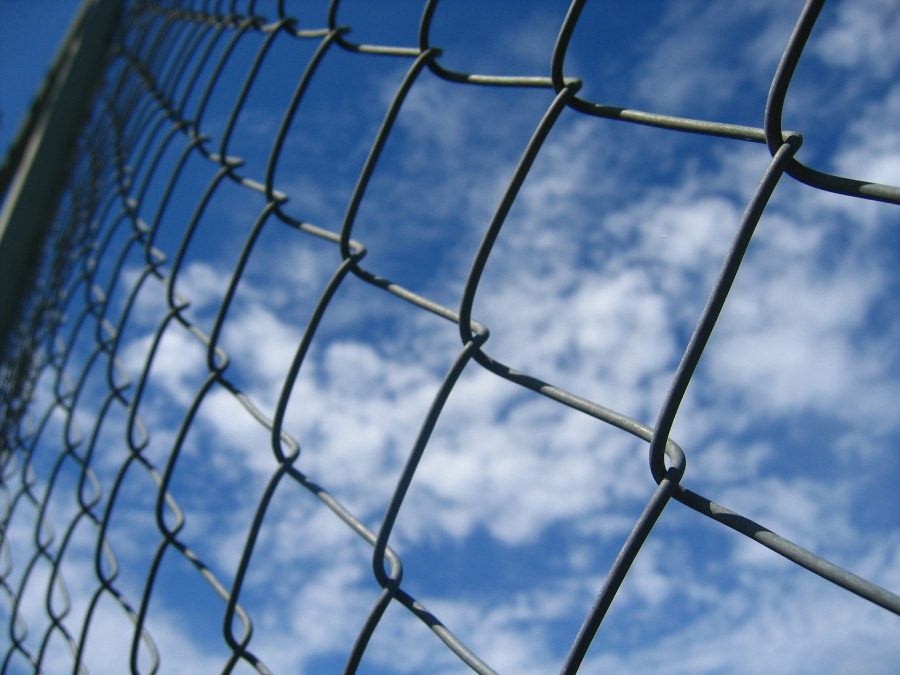For 800,000 young immigrants, the future is uncertain.
In August, the Trump Administration rescinded the executive actions that President Obama took to protect minors who illegally immigrated to the United States, not by their own choice, but alongside their parents. Established in 2012, the Deferred Action for Childhood Arrivals (DACA) policy allowed young immigrants to live, work, and go to college without the fear of deportation.
The Trump Administration maintains that Obama’s actions were unconstitutional, exceeding the scope of the executive branch by effectively changing the country’s laws—a responsibility that rests solely with Congress.
Kevin Fandl, assistant professor of Legal Studies at the Fox School, studied whether that claim is true in his paper, “Presidential Power to Protect Dreamers: Abusive or Proper?” which was accepted for publication by the Yale Law & Policy Review Inter Alia.
Fandl reviewed 200 years of case laws and statutes since the founding of the United States to learn what role the president has in enforcing—or ignoring—legislation affecting young immigrants, known as “Dreamers.” His research asks the question: “Does the president have the ability to selectively choose how the law is enforced?”

The president makes an oath to uphold the laws of this country. But, Fandl says, that doesn’t mean he has unlimited capacity to enforce each and every law. The president has the power of prosecutorial discretion—the authority to choose which laws to impose and to what degree—to allocate the resources available, such as budgets or staff, in line with his Administration’s priorities.
“The government is not a business,” says Fandl. “But in this case, you have to look at it from a business perspective and say, ‘This is how we have to dedicate our resources.'”
Fandl relates it to marijuana—an illegal drug by federal law, but legalized or decriminalized in many states. By choosing to not crack down on dispensaries, administrations can reallocate those resources to other issues, like, for example, border security.
In the case of DACA, Obama chose to not enforce immigration laws against individuals brought to this country as children. Fandl says, “Interpreting how the law is enforced is not only within the power of the executive—it is a logical approach to resource management.”
As Fandl’s research of the historical precedence shows, the Trump Administration’s argument against the constitutionality of DACA is flawed. The powers of prosecutorial discretion protect the president’s ability to spend more time or money on enforcing some laws over others.
Fandl’s paper, “Presidential Power to Protect Dreamers: Abusive or Proper?” will be published online by the Yale Law & Policy Review Inter Alia in the coming weeks.

